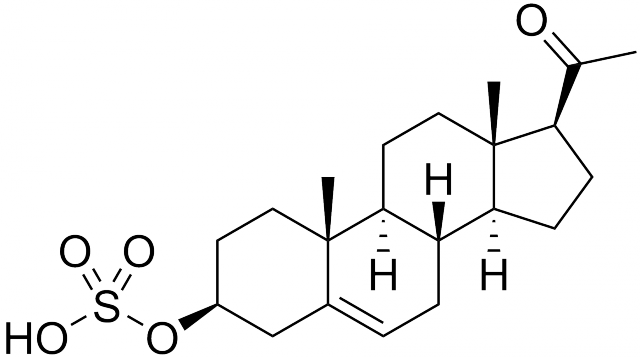Active ingredient in pot sets off a feedback that reduces intoxication
Ars Technica » Scientific Method 2014-01-07

As far as marijuana is concerned, most of the attention has recently focused on the start of commercial sales of the drug. But this week, the mediator of pot's mind-altering effects, the chemical THC, also graced the pages of Science, and not simply because it's easier to obtain in Colorado. As with many other illicit drugs, THC can be used to tell us about how the brain works. And, in this case, it has identified an entirely new bit of signaling that normally helps limit the drug's intoxicating effects.
The study came about because some scientists were curious as to whether drugs altered steroid signaling in the brain. We tend to think of steroids as muscle-building molecules, but things like testosterone also affect behavior in both men and women. And the brain also produces a specialized set of hormones that regulate behavior and cognition.
So, to find out whether drug use altered the brain's steroid signaling, a large international team of researchers started feeding a variety of drugs to mice and rats: cocaine, morphine, nicotine, alcohol—and THC. They then looked at whether a variety of steroids in the brain had altered concentrations. Just about every drug caused some changes, but most of these were relatively minor. In contrast, one steroid, pregnenolone, went up by 3,000 percent.
Read 6 remaining paragraphs | Comments